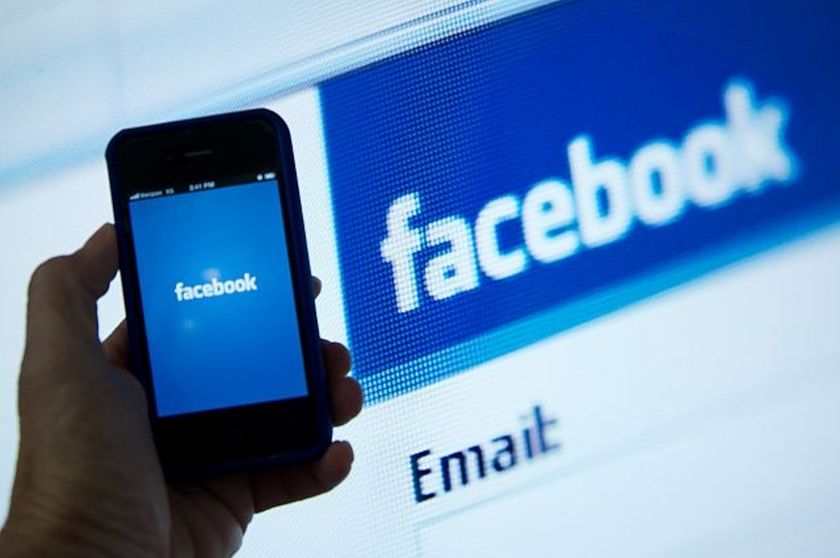NEW YORK, March 16 — On social networks, doubt about the effectiveness of Covid-19 vaccines continues to be expressed and circulate.
According to a study conducted by Facebook, even a ‘small group’ can manage to sow doubt among larger audiences on the platform.
People who are visibly affiliated with the conspiracy theory movement QAnon manage to sow doubt without even breaking the community rules.
It’s a grey area for Facebook between freedom of expression and propagation of false information that makes moderation more difficult than expected.
Reluctance to get vaccinated is not new, although with the covid-19 pandemic and the ubiquity of social networks, the phenomenon has grown.
According to the Washington Post, Facebook conducted a study that suggested that a small number of users played a role in inciting doubt among many and even discouraged them from getting vaccinated.
Negative comments with major impact
This is a sensitive issue for Mark Zuckerberg’s social network, which had nevertheless put in place protocols to prevent the spread of false information about vaccines against covid-19 starting in December 2020.
This new study highlights a so-called grey area that blurs the line between freedom of expression and hostile comments about vaccines.
Negative feedback from a Facebook user about a vaccine can have a more devastating effect on users who are already reluctant to get vaccinated.
And yet, if a user reports on Facebook that his or her symptoms are worse than expected after receiving the vaccine, those comments do not violate the social network’s community rules, notes the Washington Post.
This finding supports the idea that a small group can have a huge impact by serving as a springboard for misinformation.
Ties with conspiracy theory group QAnon
Not surprisingly, Facebook researchers discovered a link between these small groups expressing their scepticism and the conspiracy theory community QAnon.
This group, though banned by Facebook, continues to have a following on the social network “Public health experts have made it clear that tackling vaccine hesitancy is a top priority in the Covid-19 response, which is why we’ve launched a global campaign that has already connected 2 billion people to reliable information from health experts and remove false claims about Covid and vaccines,” said Dani Lever, Facebook spokesperson.
“This ongoing work will help to inform our efforts.” In its fight, Facebook has collaborated with more than 60 experts in the health community around the world. — ETX Studio






















